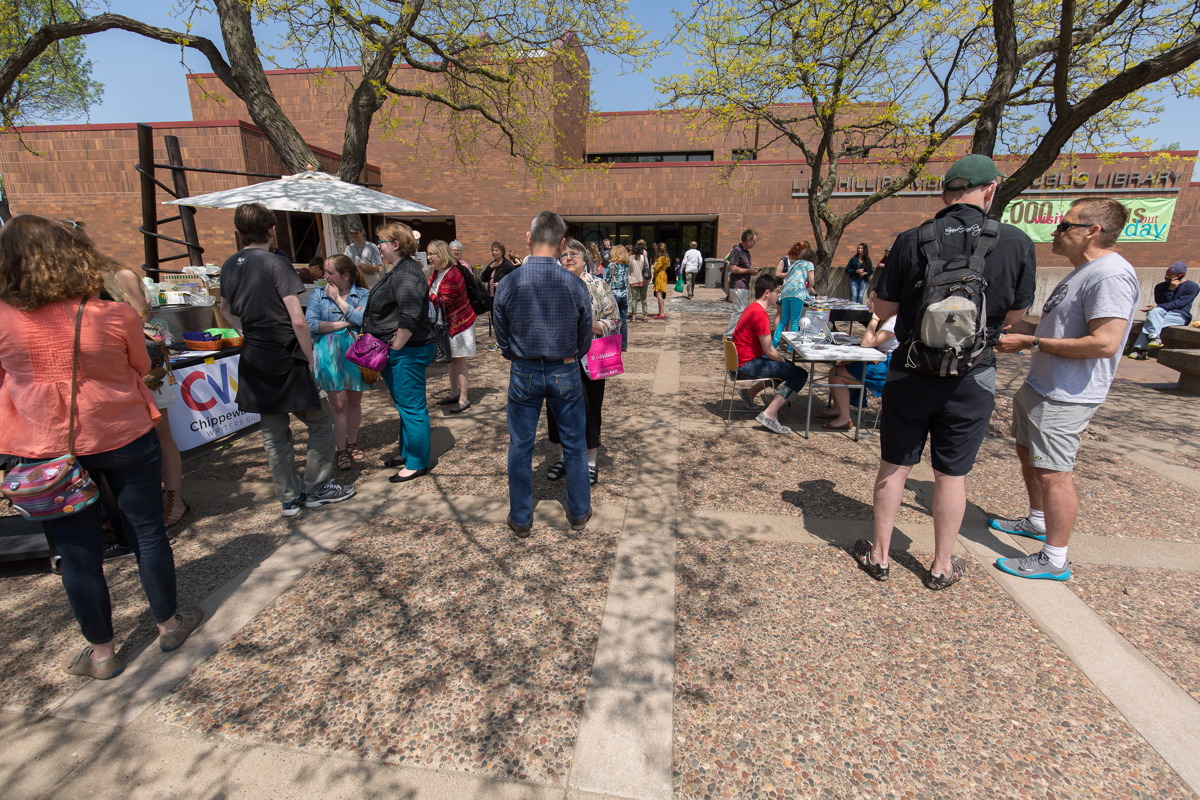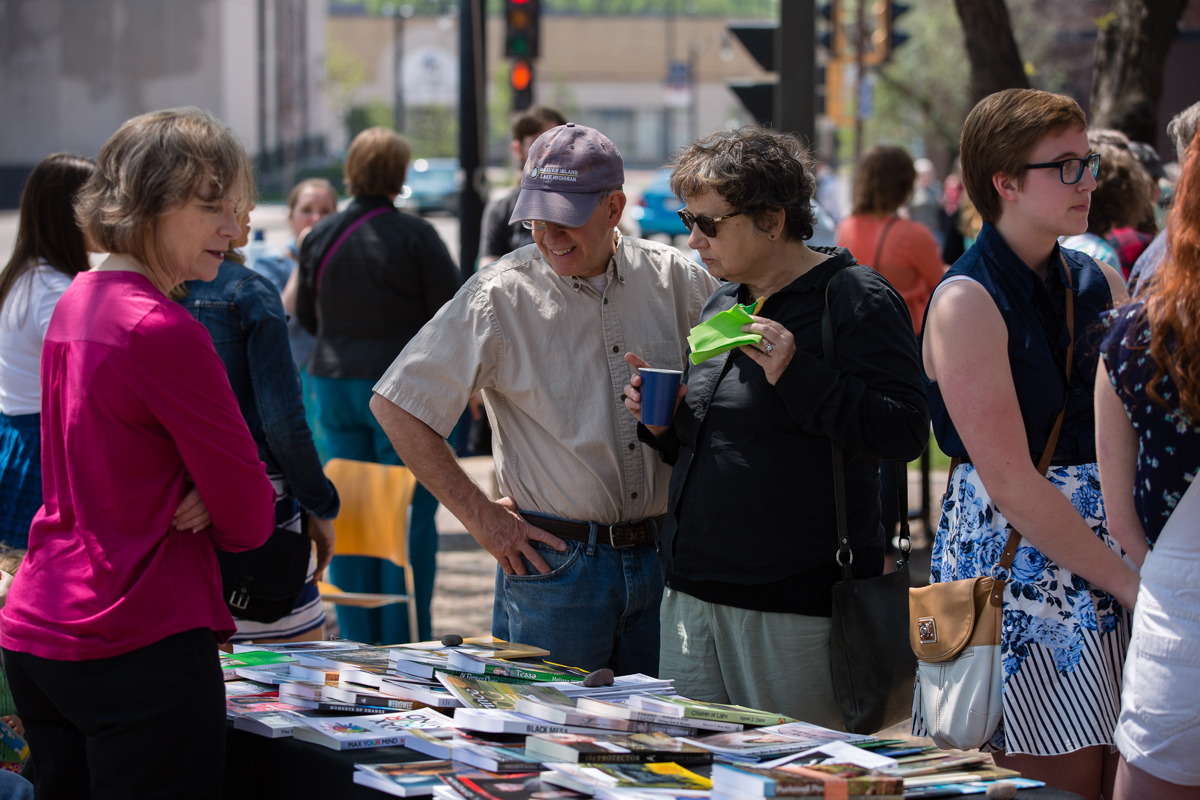By Katie Allan
Growing up in a snow globe town makes you appreciate quaint neighborhoods, countryside, the hundred-or-so people who make up your world, and…well, snow.
And plenty of other things. It takes roughly one radio song to drive the length of my Wisconsin hometown. If you were passing through town during the 90s, and happened to glance up through a smudgy school bus window, you might’ve glimpsed a day-dreamy kid with grass-hopper legs, a kitten shirt, and bangs long enough to tickle her eyelids. She’d have been reading a library book.
There was something special about that 45-minute commute to school twice a day, where my imagination sucked up stories like superfood. Because cute as snow globe towns are, sooner or later you start flicking pine cones at the glass out of curiosity. You learn about earth on the other side of rural Dairyland. I blame books, mostly. A few teachers. And definitely my parents.
But just knowing about faraway places isn’t enough. You have to see something out there that’s worth leaving home for. Some folks see mountains calling, others see cities, careers, Beyoncé, the ocean, education, real Chinese food, kinder climates…I don’t know what I first saw.
But a different window comes to mind, marginally less-smudgy, and 35,000 above the ground. I was nineteen and watching the rivers and village-speckled mountains shrink out of sight as I left Guatemala behind. I had a pile of hand-drawn pictures and cards in my lap; parting tokens from the girls of a Mayan village school. I was wondering how a foreign country could feel so much like home after fourteen days, and if that was normal.
Since that initial glimpse, I’ve returned four times to Guatemala. I’ve lived with a Guatemalan family and worked with a nonprofit called Mission Impact for nearly two years. I worked from the communication office, the Mayan girl’s school in a mountain town, and translated in the field for teams. I also spent five months in a training program called GoInternational.tv in Ecuador. There are a lot of stories I now carry around, wedged in my mind.
But since returning to the U.S. a few months ago, I still haven’t figured out how to translate them all into writing; I’m lacking words. But a miraculous thing about learning a new language is you acquire new words. So I’ve come across a couple in Spanish (*Spain-Spanish, not Guatemalan-Spanish), and one in Greek that echo things I encountered while living in Central and South America.
*Querencia – (n.) a place from which one’s strength is drawn, where one feels at home, the place where you are your most authentic self (Spanish). [kɛˈrɛnsɪə].
*Sobremesa – (n.) The time spent around the table after lunch or dinner, talking to the people you shared the meal with; time to digest and savor both food and friendship (Spanish) [sO-bRe-‘mA-sa].
*Convivencia – (n.) lit. “living together”, in the sense of living or working closely with other people with whom you share feelings, desires, or common purpose (Spanish) [con-vi-‘ven-sE-a].
*Meraki (μεράκι) – (n.) The soul, creativity, or love put into something; the essence of yourself that is put into your work (Greek) [mA-‘rak-E].
****All words and definitions come from the blog Other Wordly compiled by an awesome gal named Yee-Lum. Check it out at http://other-wordly.tumblr.com/
These aren’t words I’d use in a sentence. But just knowing they exist and that someone else has felt them before is somehow amazing.
I’m no longer in my small Wisconsin town, but in Seattle. It’s funny how in a way each city seems like a snow globe (size and snow variable); they’re unique, condensed collections of people, landscape, history and evolving culture. Sometimes the real challenge is to seek out adventure right where we are – to find wonder and humor and purpose in the places we live and work.
But if you’ve never left the place you were born, and you’re still captivated by what could be on the other side of the glass, it could be time to seek new worlds elsewhere. To stand from a different vantage point and look back at the glass sphere of home. Like the first men on the moon looking back at the blue globe of earth, maybe you’ll find it all the more beautiful from afar. Or maybe you’ll choose to make your home somewhere new.
Certain goldfish grow in accordance to how big their bowl is. I imagine it would be uncomfortable otherwise; they wouldn’t fit. We have to grow, learn and adapt in order to dive into a new environment where we don’t know the culture, language, systems, and rules of the kingdom.
But there are also new flavors and scents and sights and wonders. Blurry, nameless faces sharpen into friends, and there’s a lot of joking around, but also moments when you see someone, really see them, and realize they see you too. And one day, all that background noise and gibberish around you begins to sound like words.































